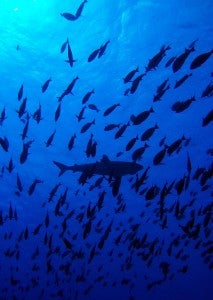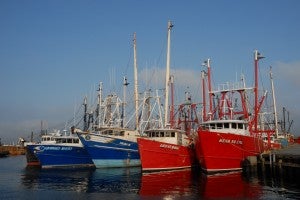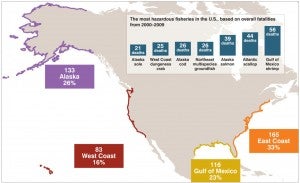The world’s fish stocks can be rebuilt to provide more nourishment and economic value to the millions of people who rely on the ocean for food—if we step up now and make aligning these incentives a global priority.
The magazine Science has published a study that provides new insights into thousands of fisheries where scientific data has not been historically available. These “data poor” fisheries make up a majority of the world’s catch, around 80 percent. According to this new research, many of these fisheries are facing collapse, but there is still time to turn the situation around. The study indicates that it is possible for fisheries to recover globally, which would increase the abundance of fish in the ocean by 56% and in some fisheries’ yields could more than double.
With these new assessments, fishery managers and world leaders can have a more comprehensive view of the status of our global fisheries. There are many new insights into previously unmeasured fisheries, using new methodology that can have enormous implications for managing the resource sustainably.
The report also provides some hope and insights on how the world can reverse these trends. Read More














